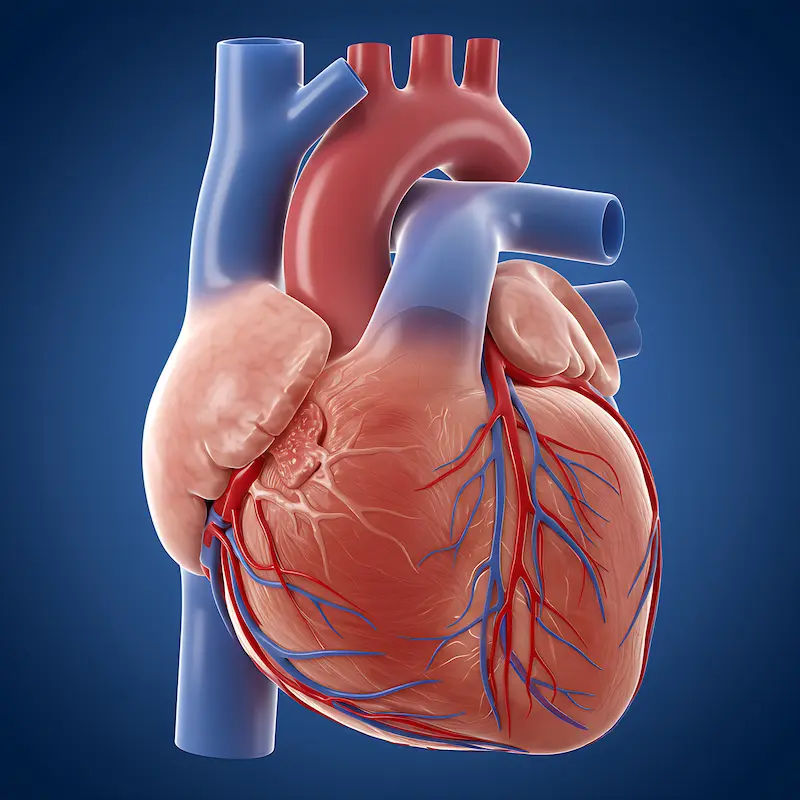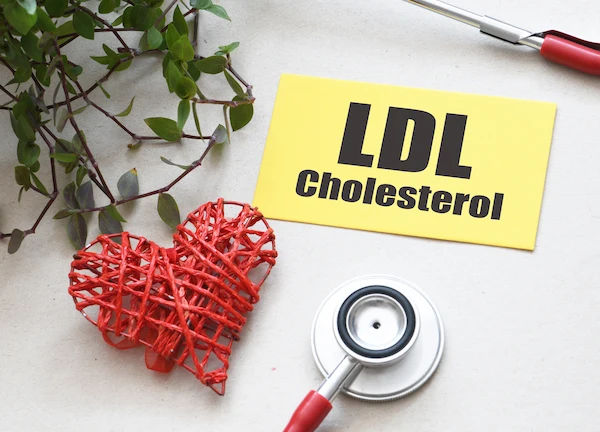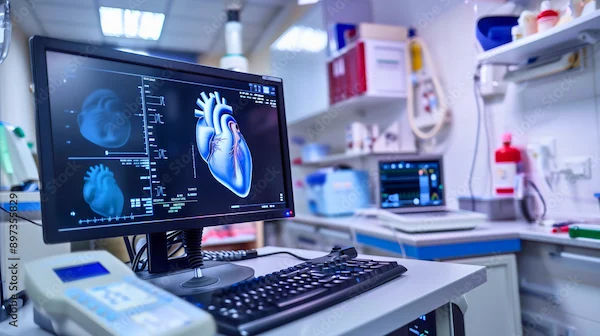- male
- 60 Years
- 29/01/2025
I'm really worried about something. I've been dealing with diabetes for about three years now and high blood pressure for over 15 years. For that, I've been taking losium and istamate regularly. But lately, I've been experiencing a dry cough and feeling gassy. When I went to the Baptist Hospital, they said I needed to be admitted to the CCU and they ran some tests like ECG and blood tests, which came back negative. They also did a TMT and an echo. During the TMT, I felt tired after the second stage when the speed increased, and they told me I might have a heart problem, suggesting an angiogram. I decided against it and got discharged instead. I'm confused and not sure what to do next. Can you give me some advice on this?
Answered by 1 Apollo Doctors
It sounds like you are experiencing some side effects from your current medications. The dry cough and gas could be related to the medications you are taking for diabetes and high blood pressure. Since you are experiencing symptoms related to your heart, it is important to follow up with a cardiologist for further evaluation. I recommend discussing with your doctor about switching from losium to a different medication for high blood pressure to see if that helps with the cough and gas. Additionally, you may benefit from a medication adjustment for your diabetes as well. For your heart condition, it is important to follow up with a cardiologist for further evaluation and to discuss the possibility of undergoing an angiogram to assess the blood flow to your heart. In the meantime, make sure to monitor your blood pressure and blood sugar levels regularly, follow a healthy diet, and engage in regular physical activity as advised by your healthcare provider.
Dr. Anshul Suggests...
Consult a Cardiologist
Answered 04/07/2025
0
0

More Cardiology Health Queries
View allI had MVR surgery back in October 2019 and have been on Cordarone 100 mg since then. Over the last month and a half, my heart rate has been consistently between 60-65 bpm. Is this a normal range or should I get it checked by my cardiologist?
A heart rate consistently between 60-65 bpm is generally considered within the normal range for adults, but it's crucial to consider your specific situation. Since you have a history of MVR surgery and are on Cordarone, it's recommended to consult with your cardiologist for their specific recommendations based on your individual health profile.
Answered by 1 Apollo Doctors
I'm experiencing some pain near my chest, specifically above my heart, and sometimes it even shifts to the right side of that area. It's been going on for about two months now. I'm not really sure if this could be related to a heart issue, a nerve problem, or maybe something like gas. Any thoughts on what might be causing this?
take tablet zerodol and tablet citrizen
Answered by 1 Apollo Doctors
I'm really worried because my blood pressure has been super high for the last few hours, reading 197 over 111. I'm feeling a lot of discomfort and it's making me nervous. Could this be hypertension or something else I should be concerned about? What should I do right now?
High blood pressure with readings of 197111 is a cause for concern and may require immediate medical attention. You can take Amlodipine (brand name Norvasc) 10mg to help lower your blood pressure. It is important to consult a doctor for further evaluation and management.
Answered by 1 Apollo Doctors
Disclaimer: Answers on Apollo 247 are not intended to replace your doctor advice. Always seek help of a professional doctor in case of an medical emergency or ailment.





